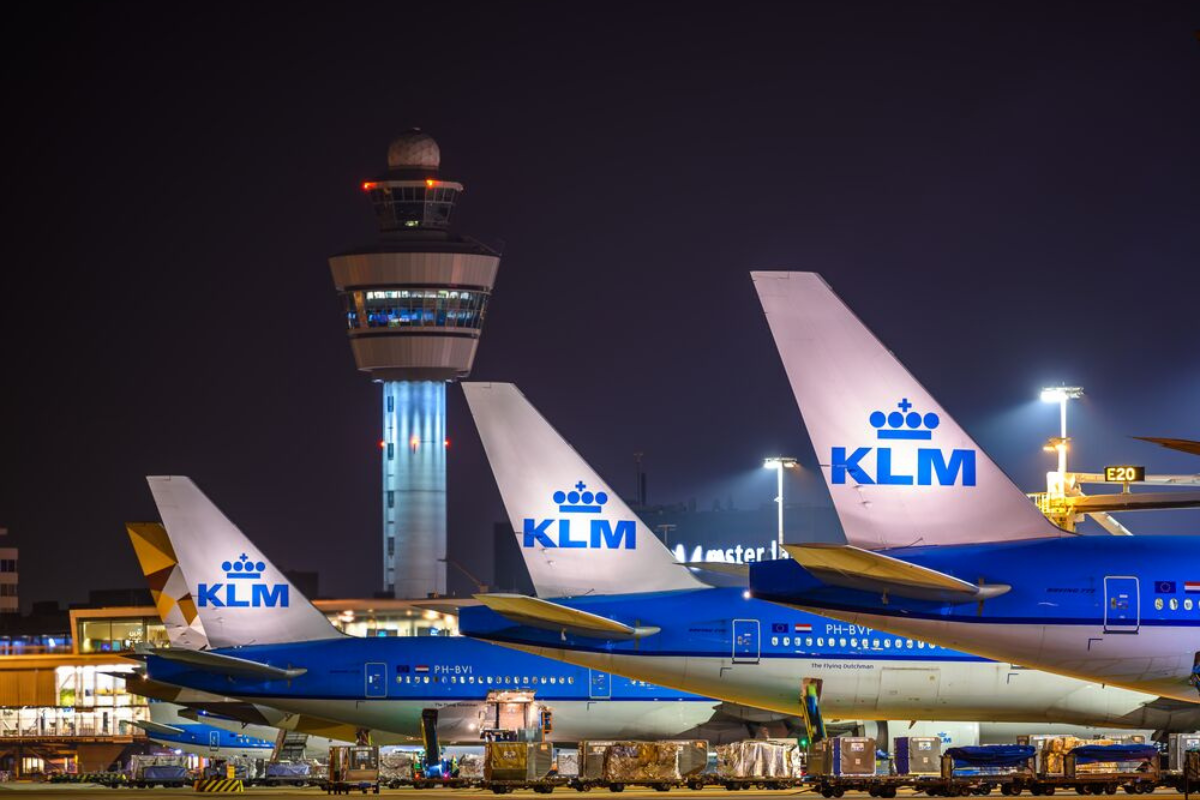The Crude Oil Refinery Owners Association of Nigeria has projected that the pump price of Premium Motor Spirit (petrol) could drop below N400 per litre, should global crude oil prices continue on their current downward trajectory.
According to CORAN, if crude oil falls to $50 per barrel, petrol could retail for as low as N350 per litre. However, the association cautioned that this potential price reduction may not materialize due to ongoing market distortions and policy inconsistencies.
In an interview with The PUNCH, CORAN’s Publicity Secretary, Eche Idoko, expressed concern that despite the recent global drop in crude oil prices, Nigerian consumers are facing rising fuel costs. He attributed this anomaly to the influence of middlemen, foreign exchange volatility, and a weakening commitment to the naira-for-crude oil policy.
“The price will continue to rise because middlemen and vested interests do not want local refining to thrive,” Idoko said. “When we ramped up local refining, fuel prices dropped to around N700, and were on track to fall further. If crude hits $50, we could be seeing petrol at N350 per litre.”
Global oil prices recently plunged, with Brent crude sliding to $65 per barrel — its lowest since 2021. The drop was driven by several factors including new U.S. tariffs on Venezuelan crude, unexpected supply increases by OPEC+, and escalating U.S.-China trade tensions. Similarly, U.S. West Texas Intermediate crude declined to $61.99.
Despite this, Nigeria’s domestic market remains disconnected from global trends. The Major Energies Marketers Association of Nigeria disclosed that while the landing cost of petrol fell from N885 to N865 per litre last week, the ex-depot price in Lagos rose from N860 to N900 per litre.
CORAN warned that without the continuation of the naira-for-crude arrangement — introduced by the Nigerian National Petroleum Company Limited in partnership with Dangote Refinery — fuel prices will remain volatile and largely unresponsive to international crude dynamics.
“The naira-for-crude deal was a brilliant policy that stabilized the naira and ensured energy security,” Idoko added. “Unfortunately, some people are trying to sabotage it for personal gain.”
He accused certain actors of prioritizing the importation of substandard petroleum products over investment in local refining infrastructure, and blamed rising petrol prices on foreign exchange rates, logistics costs, and intermediaries taking advantage of the system.
“Our refiners are now sourcing crude from abroad just to stay operational,” he said. “It’s frustrating to see individuals jeopardizing our energy future for political or economic interests.”
The naira-for-crude initiative, launched in October, saw NNPCL exchange crude oil for refined products in a bid to cut costs and stabilize fuel supply. But by March, crude deliveries under the scheme fell below expectations, prompting fears that the policy might not be renewed.
As of now, petrol prices at the pump range between N920 and N970 per litre across different regions in Nigeria.









